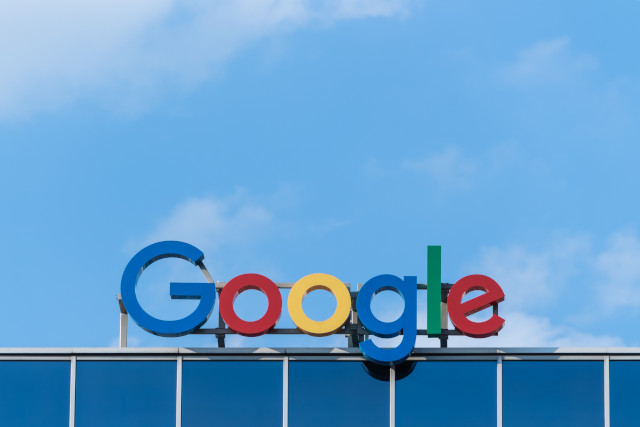Over the last six months, several technology companies announced job eliminations. Recently, Customer Relationship Management (CRM) companies were hit hard…
Pegasystems, a software company that specializes in CRM, announced a 4% reduction of its workforce. The company cited the need to “streamline its operations” and focus on key growth areas such as artificial intelligence and cloud computing.
CRM giant Salesforce announced the elimination of about 8,000 jobs worldwide as well as closing some offices. The reductions seemingly focused Tableau employees and there are rumors of more reductions in Salesforce sales teams.
Additional job eliminations in the last 6 months:
- Amazon to cut 18,000 jobs or 6% of their workforce focusing mostly on the company’s e-commerce, devices, and human resources organizations
- Cisco recently announced 4,000 job eliminations (5% of their workforce)
- Intel is looking to reduce $8-10B in operational costs which will also involve job eliminations that could be in the thousands
- In October of 2022, Microsoft announced approximately 1,000 job eliminations, which is less than 1% of their current workforce.
- Update (1): Microsoft announced 10,000 layoffs on Jan 17th, 2023.
- In November 2022, Meta (Facebook) announced over 11,000 (13% of their workforce) job eliminations due to the slow adoption of the “Metaverse”. Meta was once valued over $1 trillion dollars, but is down to around $300M
- Update (2): Google also announced 12,000 job eliminations on January 19th (6.4% of their workforce)
As companies reduce their workforce and thus their redundancy, how does that impact their ability to support their customers?
According to Jeffrey Pfeffer, a professor at the Stanford Graduate School of Business, layoffs don’t work to improve company performance. Academic studies have shown that time and time again, workplace reductions don’t do much to reduce costs:
- Severance packages cost money
- Layoffs increase unemployment insurance rates
- Cuts reduce workplace morale and productivity as remaining employees are left wondering, “Could I be fired too?”
The trend of recent tech layoffs highlights the post-pandemic economic reality of labor shortages and the disappearance of cheap money. As organizations focus on streamlining their operations and redirecting resources towards key growth areas like automation, digital, and AI – layoffs and cost reductions will continue to be the reality.






